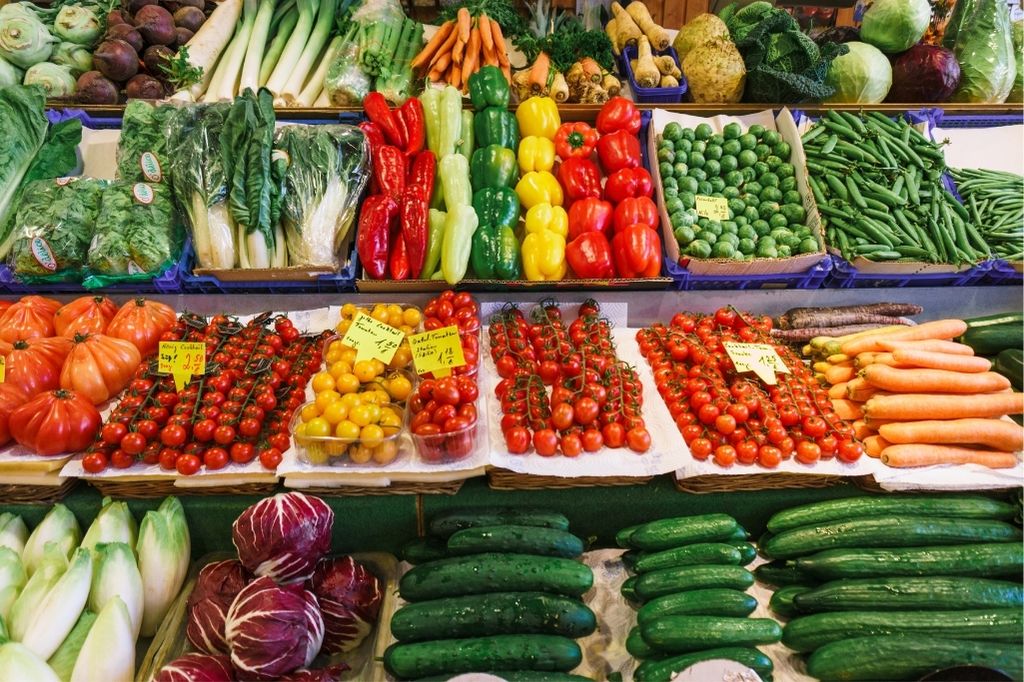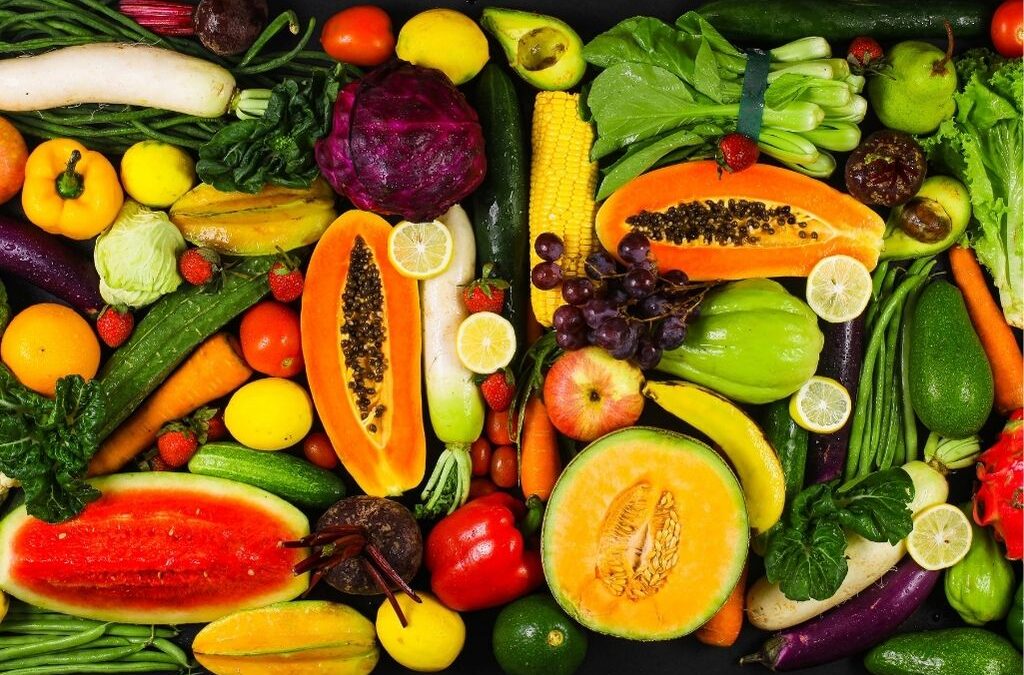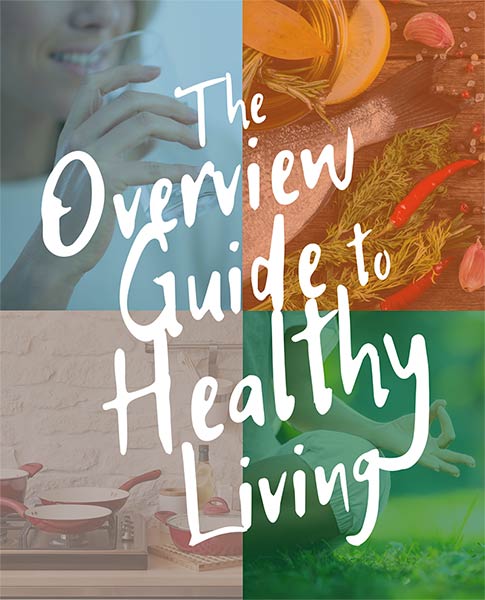Quercetin is a natural plant compound referred to as flavonoid. Flavonoids are a diverse group of phytonutrients that are found in vegetables and fruits. Flavonoids are the natural pigments that give plants their color. Quercetin is found in apples, raspberries, red grapes, cherries, citrus fruits, black tea, and leafy greens. It is particularly high in onions and capers.
Quercetin acts as an anti-inflammatory, and it is especially helpful with joint pain. It has been shown to reduce the risk of metabolic disorders; it can help control blood sugar levels, and it lowers the risk of cardiovascular disease. This phytochemical is also used as adjuvant in the treatment of bladder infection. It helps boost immunity, fight allergies, and even aid exercise performance.
Quercetin Has High Anti-Cancer Potential

Several studies show that quercetin has high anticancer potential. Not only does quercetin have anti-cancer properties, such as cell signaling, growth suppression, but studies show that quercetin can be beneficial also when combined with chemotherapy medication and radiotherapy. Quercetin seems to act on chemosensitization and radiosensitization, but it also protects healthy cells from the side effects of chemotherapy drugs and radiotherapy. Therefore, quercetin may have a beneficial role in anticancer treatment.
Quercetin is also an important antioxidant which facilitates the body’s ability to combat free radicals. Free radicals are unstable molecules that cause cellular damage at high concentrations. These free radicals can lead to severe damage and ultimately chronic illnesses. In animal models, quercetin has been shown to help preserve brain activity in degenerative diseases like Parkinson’s and Alzheimer’s disease.
Ensure That Your Diet Includes Foods That Are High In Quercetin
It is important to get quercetin from the diet, as foods that are high in quercetin are also high in other beneficial nutrients. However, to reach therapeutic doses, this flavonoid is also available as a nutritional supplement in capsule and powder form.
Quercetin is taken orally; the recommended dose is 500mg twice a day for 12 weeks. Taking bromelain and vitamin C can help the body absorb quercetin more efficiently. Some of the side effects include upset stomach, headache, and a tingling sensation in the limbs. While generally considered safe, high doses of quercetin can lead to kidney damage.
References
D’Andrea G. Quercetin: A flavonol with multifaceted therapeutic applications? Fitoterapia. 2015 Oct 1;106:256–71.
Lesjak M, Beara I, Simin N, Pintać D, Majkić T, Bekvalac K, et al. Antioxidant and anti-inflammatory activities of quercetin and its derivatives. Journal of Functional Foods. 2018 Jan 1;40:68–75.
Brito AF, Ribeiro M, Abrantes AM, Pires AS, Teixo RJ, Tralhão JG, et al. Quercetin in cancer treatment, alone or in combination with conventional therapeutics? Curr Med Chem. 2015;22(26):3025–39.
Li Y, Yao J, Han C, Yang J, Chaudhry MT, Wang S, et al. Quercetin, inflammation and immunity. Nutrients. 2016 Mar 15;8(3):167.

